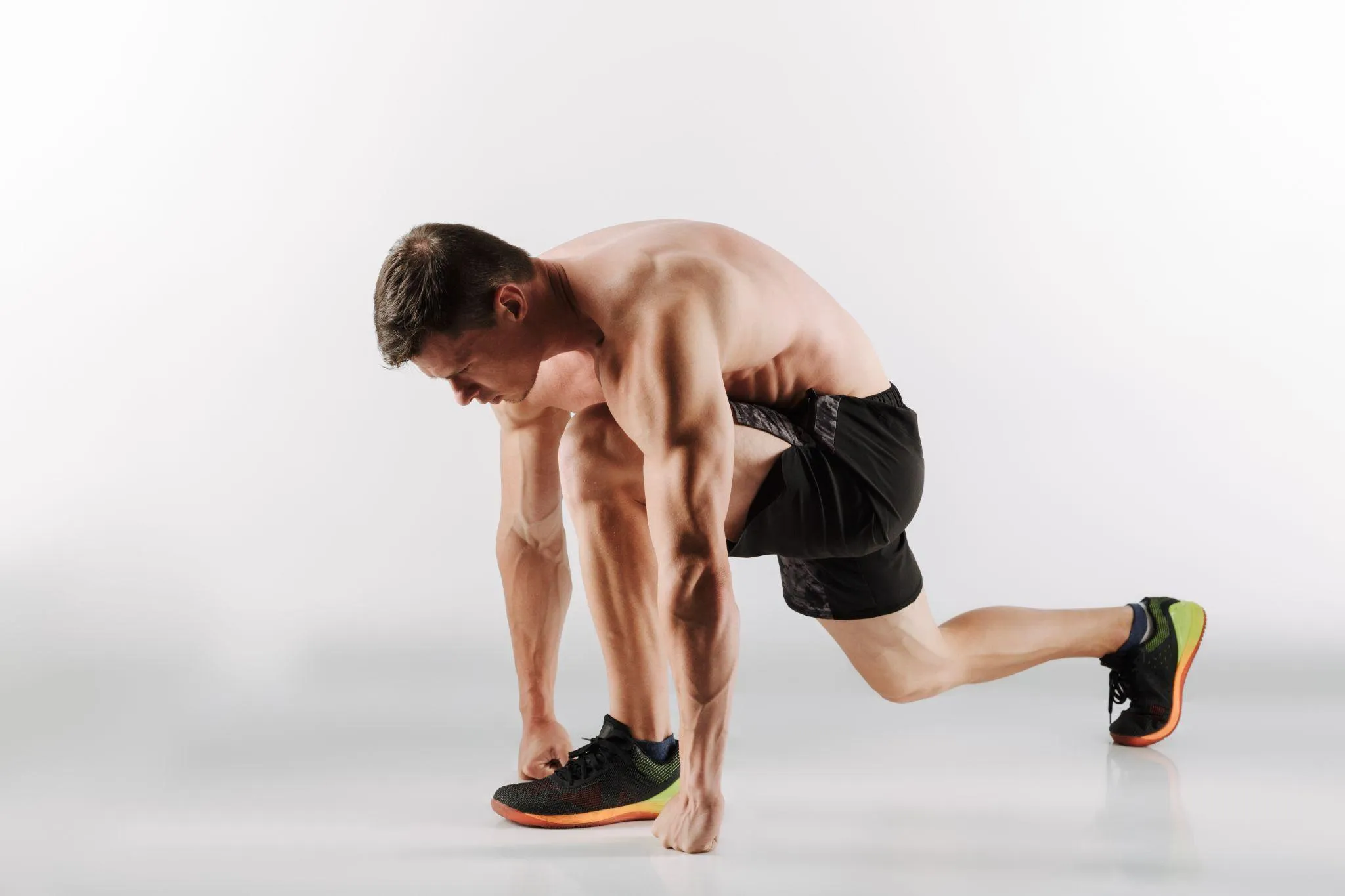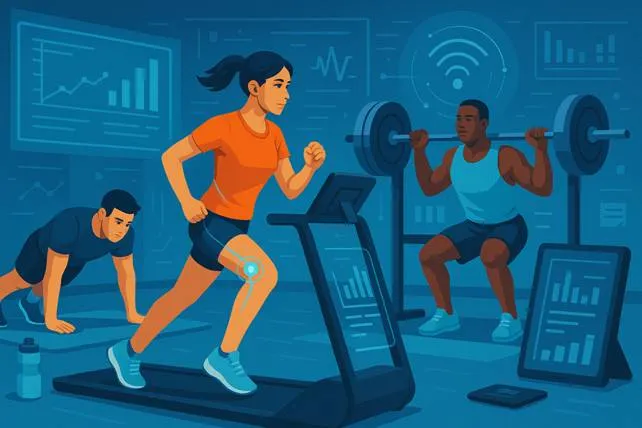What Sports Fans Get Wrong About Professional Athletes’ Training
Published Apr 25, 2025 | By Admin

Professional athletics training receives an incorrect understanding from many sports fans. People tend to think professional athletes only perform weightlifting and running exercises throughout their daily routines. The actual training process exceeds popular assumptions because it combines science elements with recovery practices and mental concentration elements. Several common errors exist in public understanding about professional athlete training.
Training Is Not Just About Physical Strength
Strength development remains a key aspect for athletes, but it forms a minimal part of their complete athletic preparation. The purpose of contemporary training programs involves maximizing entire performance domains. The performance improvement includes speed, agility, endurance, flexibility and mental focus. Competitive athletes utilize sports psychologists as professionals who help them improve their focus, together with resilience abilities. Physical training at these organizations is balanced with recovery activities, including stretching as well as massage therapy, alongside mental exercises designed to enhance athletic responses when pressure is high. Multiple criteria unite to build a complete system of performance enhancement.
To put your experience and knowledge into good use in sports, you don't have to go out on the field and court and become part of a team. Even if you're in the stands, benefit from your expertise thanks to MelBet app. This is one of the best bookmakers in Thailand, which also offers the best online casino service: slots, crash, lotto, games with a live dealer and much more, with plenty of bonuses and increased winnings. Making money on your favorite hobby has never been so easy!
It’s Not All About Intense Workouts
Professional athletes do not train continuously throughout the day, according to what fans commonly believe. Any training plan requires equal importance between exercise and rest periods. Athletes who do not recover properly face increased chances of overtraining that lead to injuries. The schedule needs to balance through days without training so that muscles can do their repair and rebuilding work. Athletes achieve their highest performance levels because of proper rest before important events. Athletes use swimming and yoga alongside other light exercises to maintain their body agility safely.
Nutrition Plays a Bigger Role Than People Realize
The role of proper nutrition within athletic training plans receives insufficient acknowledgment from people. Attention to both the proper quantity of food consumption and when food is consumed stands above the total amount of protein or carbohydrates ingested. Athletes at professional levels use calculated nutritional meal plans, which serve as their body fueling system during specific time intervals. The Olympic sprinter Usain Bolt relies on particular pre-race foods to maximize his athletic performance. His diet necessarily contains:
- Carbohydrates for energy before training.
- Protein for muscle repair after workouts.
- Healthy fats for sustained energy.
Adequate hydration is crucial for optimal performance, which leads athletes to create individual hydration techniques to maximize results. The correct nutritional ingredients enable recovery, together with muscle improvement and sustained energy amounts, which provide direct benefits for athletic performance. The International Society of Sports Nutrition performed a study that showed athletes benefit from correct nutrient scheduling since it gives them enhanced performance alongside faster recovery times.
Mental Toughness Is Just As Important As Physical Fitness
People commonly believe that physical ability represents the exclusive factor that determines sports success. The combination of physical strength and athletic skills does not guarantee victory because mental toughness stands as the deciding factor for success or failure. Tennis champion Serena Williams has revealed her practice of mental visualization techniques before matches. Through visualization techniques, athletes imagine peak performance, which leads to better actual results in their competitive sports. Many experts view mental training as equally important as physical conditioning since mental factors contribute up to 30% to competition success according to their estimates.
Recovery and Rest Are Integral Parts of the Routine
The implementation of recovery strategies is equal to any training method. Athletes perform more than passive rest between games because they follow complete recovery procedures, which include sleep and active recovery methods. The recovery process of top athletes includes the use of cold therapy through cryotherapy, while some use hydrotherapy methods and infrared saunas. LeBron James dedicates more than one million dollars annually to purchase recovery technologies. Professional athletes must meet their sleep requirements through 8-10 hours of sleep per night since this amount ensures their bodies remain completely ready for upcoming challenges. The reduction of athletic performance due to lack of sleep reaches levels of up to 10 percent.
Maximizing Performance Involves Attention to Every Detail
A wide-ranging method defines how athletes manage to deliver top-level results in every competition. Cristiano Ronaldo and other top-level footballers train by focusing exclusively on individual recovery through custom fitness plans that have changed notably from past practices. The success of athletes depends on their ability to combine intelligent training strategies with their dedication to work because this dual approach enables them to stay at the pinnacle of their sports.






